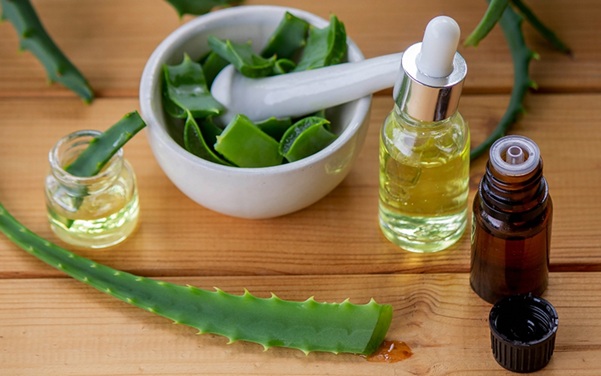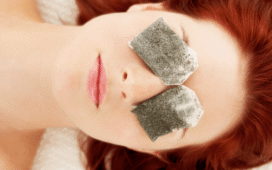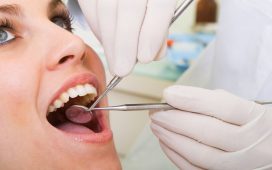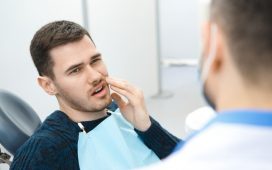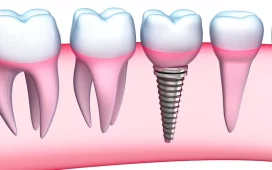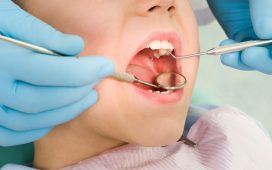An itchy scalp can be more than a temporary nuisance, as it may be an early sign of scalp inflammation or imbalance that can eventually lead to hair shedding. When left untreated, ongoing irritation may damage hair follicles and contribute to thinning, making hair loss and itchy scalp conditions more difficult to reverse. Many people seek natural solutions as a first line of defence, especially when avoiding harsh chemicals or medications. This guide examines simple yet effective remedies and habits that can help alleviate symptoms and promote scalp recovery.
Common Causes of Itchy Scalp and Hair Loss
An itchy scalp can result from various factors such as product build-up, dry skin, fungal infections, or even stress. Each of these issues can lead to excessive scratching, which disrupts the scalp barrier and weakens surrounding hair follicles. Over time, the irritation can result in significant hair shedding or patchy thinning.
In some cases, conditions such as seborrhoeic dermatitis or scalp psoriasis may also be involved, both of which require attention to reduce inflammation. If the root cause is not addressed, the cycle of itching and hair fall continues. Understanding what irritates the scalp is essential before beginning any treatment.
4 Natural Ingredients That Soothe the Scalp
- Aloe Vera – Known for its cooling and anti-inflammatory properties, aloe vera gel can calm scalp irritation. Apply directly to the scalp and rinse after 20 minutes.
- Tea Tree Oil – This essential oil has antifungal and antibacterial qualities. Mix a few drops with a carrier oil to relieve itching and reduce scalp flakiness.
- Apple Cider Vinegar – Its acidity helps balance the scalp’s pH and remove residue. Dilute with water and use as a rinse once a week.
- Coconut Oil – Rich in lauric acid, coconut oil moisturises the scalp and strengthens the hair shaft. Use it as an overnight treatment once or twice a week.
These ingredients support scalp health and may reduce symptoms over time. Always patch test before full application, especially with essential oils or vinegar-based solutions.
Daily Habits to Improve Scalp Condition
Improving scalp health also depends on consistent care. Start by avoiding harsh shampoos that contain sulphates or synthetic fragrances, as they can worsen irritation. Opt for mild, herbal or pH-balanced shampoos instead. Avoid washing hair with hot water, as this strips natural oils and aggravates dryness in the hair. Lukewarm water is a safer alternative.
Gently brush your hair to stimulate blood flow without damaging the scalp. Limit tight hairstyles that pull on the scalp and worsen follicle stress. Additionally, consider washing pillowcases and hats regularly to reduce exposure to bacteria or irritants. Opting for a herbal hair treatment could always help relieve symptoms. A healthy scalp environment supports stronger hair and reduces the risk of inflammation, itchy scalp, and hair loss.
Foods That Support Scalp and Hair Health
Diet plays a key role in managing hair loss and itchy scalp symptoms. Essential fatty acids, especially omega-3s found in fish, flaxseeds, and walnuts, help reduce scalp inflammation. Iron-rich foods like spinach, lentils, and lean meats support healthy hair growth, while zinc and biotin improve follicle strength.
Hydration also matters; drinking enough water daily keeps the scalp moisturised from within. Deficiencies in certain vitamins or minerals can worsen symptoms, so consider consulting a healthcare provider if you suspect dietary gaps. A well-balanced diet supports both scalp health and hair retention.
When Natural Remedies May Not Be Enough
While natural treatments help many people manage scalp symptoms, some cases require medical intervention. If symptoms persist after several weeks of consistent care, it’s crucial to seek advice from a dermatologist or trichologist. Signs such as open sores, intense itching, or rapidly increasing hair loss could lead to an underlying condition that requires targeted treatment.
Early diagnosis improves outcomes and may prevent long-term damage. Natural remedies can still support recovery, but they should not replace professional care if symptoms become severe or unmanageable.
Conclusion
Managing hair loss and an itchy scalp starts with understanding the underlying causes and making consistent, natural adjustments to your care routine. From topical ingredients like aloe vera and tea tree oil to dietary improvements and scalp-friendly habits, these solutions can alleviate irritation and support long-term scalp health. Recognise when it’s time to seek expert advice and treat symptoms early.
Take control of your scalp health today. Contact Bee Choo Origin and explore safe, herbal-based solutions that work.

